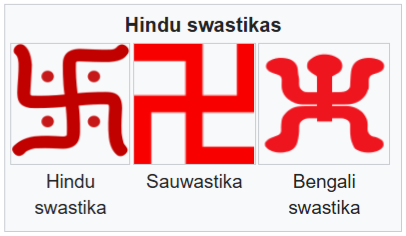I saw a mention on social media that an Ontario candidate had publicly suggested that his primary opponent be dragged off to the Chinese embassy for some kind of reward, and I assumed it was another example of something being taken wildly out of context … but no:
So let’s just recap, because this is almost too surreal to believe.
A sitting Liberal Member of Parliament — Paul Chiang — stood in front of a Chinese-language media outlet in January 2025 and said that if someone were to kidnap Joe Tay, a Conservative candidate and Canadian citizen, and deliver him to the Chinese Consulate in Toronto, they could “claim the one-million-dollar bounty”. That wasn’t some fringe YouTuber or anonymous social media post. That was a sitting MP, elected to represent Markham—Unionville, who also happens to serve as the Parliamentary Secretary to the Minister of Diversity and Inclusion.
Let me be crystal clear here: that’s not just inappropriate. That’s not just “deplorable”. That’s language lifted directly from the Chinese Communist Party’s playbook. Joe Tay is on a real bounty list. Not fantasy. Not fiction. A real HK$1 million bounty placed on his head by the Hong Kong police for supporting democracy and speaking out against tyranny.
And what happens when a Canadian MP echoes that threat — on Canadian soil?
Nothing.
As of right now—this minute — Paul Chiang is still an MP in good standing in with the Liberals. Not suspended. Not removed from caucus. No RCMP probe. No parliamentary discipline. Nothing.
And the Carney campaign? The Liberal Party’s new face? Crickets. Absolute silence. Carbon Tax Carney, Trudeau’s old money-man turned globalist messiah, who’s spent the last month talking about “foreign interference” and demanding Pierre Poilievre get a security clearance? Not a word. Apparently, if a Conservative doesn’t submit to Ottawa’s surveillance state, it’s a national crisis. But if a Liberal MP plays mouthpiece for Beijing and jokes about abducting a political opponent? It’s just … Tuesday.
Imagine for a second that a Conservative MP had said anything remotely close to this — maybe even joked about placing a bounty on a Liberal politician funded by a foreign regime. Every major newsroom in the country would have declared martial law. CBC would be live for 72 hours straight. The RCMP would have launched a task force. But because it’s a Liberal, they issue a press release. A shrug. A “deplorable” comment, followed by a half-hearted apology and — get this — no consequences.
As former prime minister Justin Trudeau amply demonstrated, consequences are for other people, not members of the Liberal caucus.






